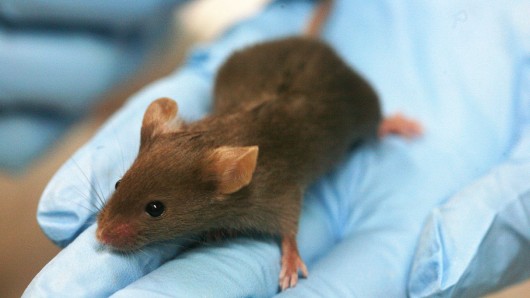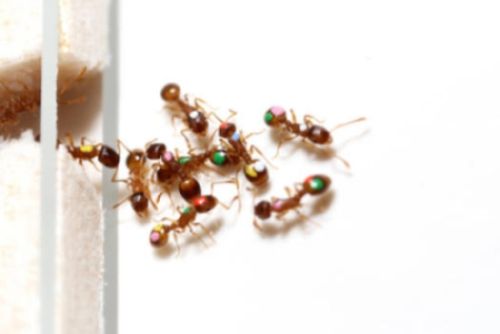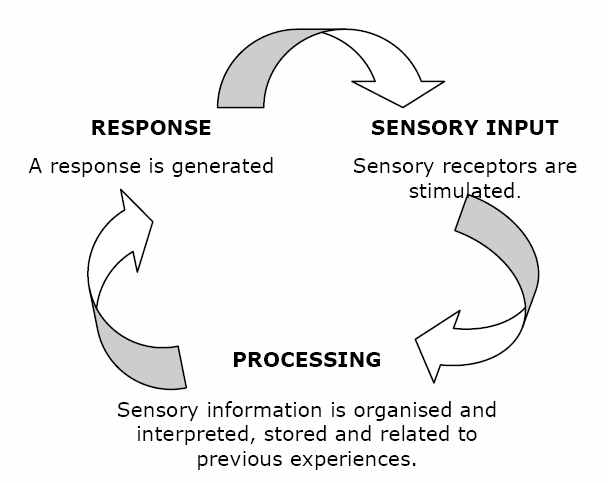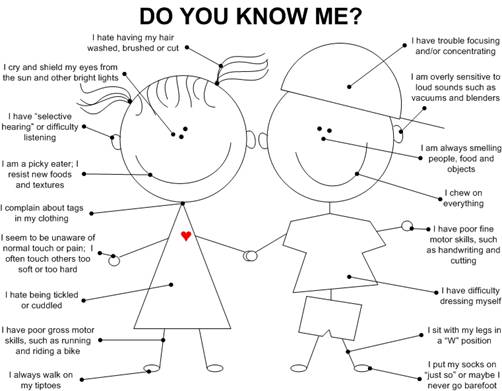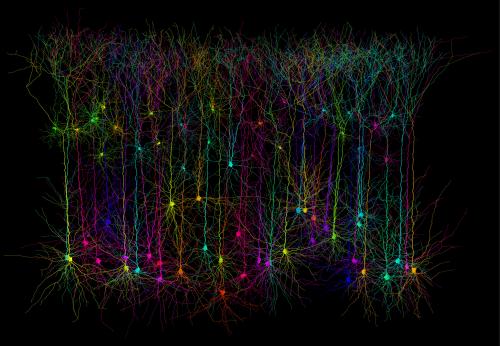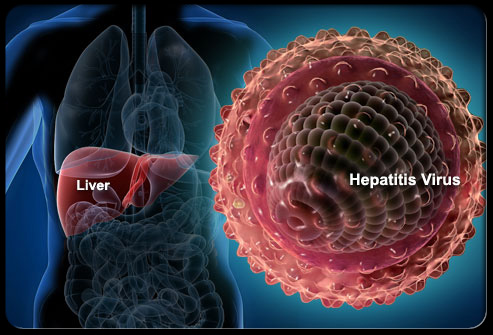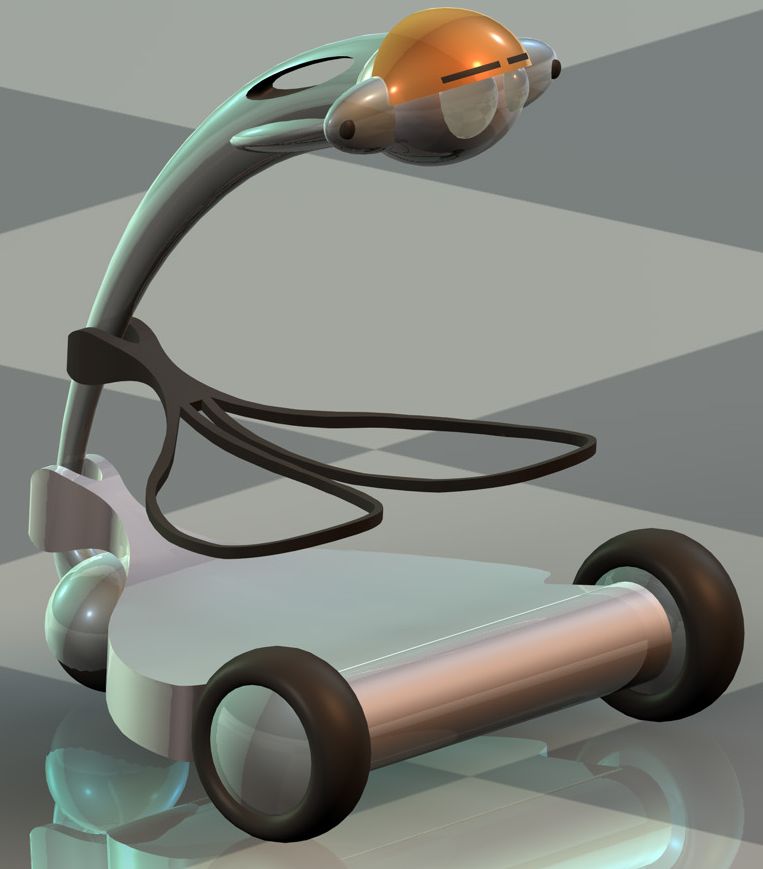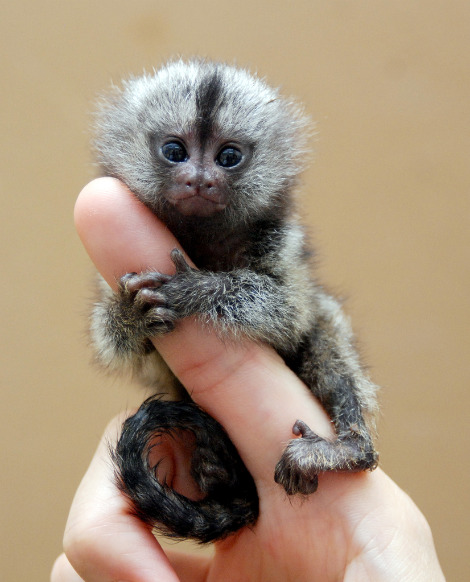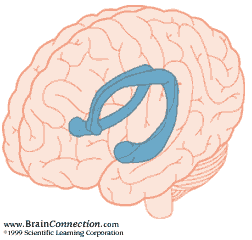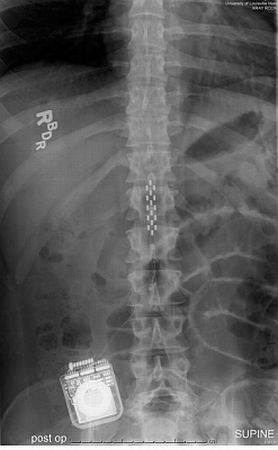In continuation of the Sensory Integration series of articles, today I will be discussing the third element of practice pertaining to Ayres’s sensory integration theory; which is her suggested treatment approach, referred to as sensory integration therapy. Ayres’s therapy techniques provide the child with various sensory experiences through play. One of the basic assumptions over which Ayres’s work was constructed was that the central nervous system is plastic. Neuroplasticity refers to the brain’s ability to change or be modified. Based on this assumption, sensory integration therapy is hypothesized to cause…
Read MoreTag: research
Microbes Help In Hyenas Communication
We have seen animals like dogs, cats and others squatting to mark their territorial borders and to pass other messages. Researchers have been trying to unravel the amount of messages these signs flash to other animals. A similar study lead by postdoctoral researcher Kevin Theis of Michigan State University, has revealed some important information about hyenas squatting also known as pasting. The study mainly focused on two species of hyenas namely the spotted hyenas and the striped hyenas.
Read MoreLin28a Gene Found Effective In Tissue Repair In Mouse
Whenever I see a salamander or a lizard it makes me think how wonderful it could have been if we had the same capacity to re-grow an amputated limb or any scar so effectively and so easily. In humans, tissue repair mechanism is most vigorous during the gestation period and this decline with the advancement of age. That is why infant tissues tend to heal faster than an older individual. Interdependence between the tissue and tender age is the matter to exploration. What is that in juveniles that help in…
Read MoreAnts Relying On Experience For Decision Making: A Study
We humans are not the only one who depends on past experiences for making competent decisions, ants too have been known living successfully on the same paradigm and they have been residing on earth for some 110-130 million years ago.
Read MoreSensory Integration Dysfunction: The Dysrhythmia Within (2)
As discussed in my previous article, sensory integration dysfunction could seriously affect a child’s life if not diagnosed and targeted properly, thus, accurate diagnosis is of utmost importance. Sensory integration dysfunction could be a tricky disorder, as symptoms may look similar to other disorders. One example of such disorders is Attention Deficit Hyperactivity Disorder, popularly known as ADHD. In both disorders, a child might present as hyperactive, or may face difficulty paying attention in class. Sensory integration dysfunction has also been often misdiagnosed as autistic spectrum disorder due to some…
Read MoreSensory Integration Dysfunction: The Dysrhythmia Within (1)
This is the story of Jenny, a 4-year old gorgeous girl. Jenny presents herself as a very articulate child, with a charming personality that is easy to capture attention when in a gathering. And although everyone seems to think of Jenny as a very pleasant child, her mother happens to describe her as a “difficult girl”. At home, jenny seems to throw temper tantrums for the simplest things. She always complains about clothes tags being too itchy, noises coming out of the computer fan being too loud, and describes bright…
Read MoreChimpanzees Show Interest in Robota: A Study
Chimpanzees are our closed relatives in behavioral terms and as well as in appearance because we share 98.8 percent of the DNA pool. This striking similarity made the researchers inquisitive about how a chimpanzee would reciprocate to a robot. Robot fascinates humans, but the topic of research was whether the robot can lure chimpanzees’ interest too. Like humans do the chimpanzees understand that the robots are not living and do they attempt to communicate or make any bond with the bot? Researchers from the University of Portsmouth’s Centre for Comparative…
Read MoreDendrites Effectively Act As Mini Neural Computers
Researchers have lately discovered an additional role of dendrites the branching extensions of neurons. Before the study, dendrites were considered as the receptive parts of a neuron, meaning, responsible for transmitting information from sense organs and carrying impulses to different muscles in the body. It is because of this tendency, they are also termed as electrical transmitters of the body. However, the recent research postulates dendrites additional ability to process information, hence increasing the brain’s computing power. This insinuates brain has a huge processing power relatively. Period. Dendrite’s Study The…
Read MoreBeware of Hepatitis C, A Silent And Inconspicuous Attacker
Recent researchers have discovered that Hepatitis C can remain inconspicuous for years (as long as 30 years as found in some cases) before its symptoms can be recognized, as hepatitis C may appear with narrow or no symptoms. What is Hepatitis C? Hepatitis means liver infection, which causes irreparable damage to the tissues and can be induced because of excessive intake of alcohol, industrial chemicals, certain drugs and different viruses. Hepatitis C virus (HCV) is the one causing hepatitis C ailment in humans and chimpanzees. During initial phase that may…
Read MoreBudgee Bot Likes To Carry Packages & Bags
Shopping is always good but becomes cumbersome when there happens to be a load of bags or to navigate trolleys across a rush. Pushing trolleys is not only weighty but at times, creates inconvenience to others as well. However, Five Elements Robotics has come out with a simple problem to ease this issue. They have named the solution, Budgee. A cute and autonomously driven bot that’ll hold items while talking behind the person. It is so portable that it can be operated in shopping malls, parks, home, offices etc..
Read MoreVitamin D Does Not Improve Bone Strength: A Research
Women, if you are consuming vitamin D every day, assuming it’ll keep you away from osteoporosis, think again! As per researchers vitamin D solely is not responsible for improving the bone strength. Calcium is equally important nutrients for fighting osteoporosis, as a matter of fact, calcium and vitamin D go hand in hand. If calcium is the basic element and building block for bone then vitamin D is the element that allows bones to absorb calcium. Osteoporosis Osteoporosis is a disorder in which the bones become fragile due to decrease…
Read MoreSolar Energy Saved For Nights And Rainy Days
Solar energy, the outcome of the most innovative technology employed ever to harness sun’s energy. It is being widely used as an alternative source of energy mainly for electricity generation, transportation (solar car), in agriculture & horticulture (greenhouse), solar water heater to name a few. Nevertheless, there are certain drawbacks with solar energy, for instance, cost involved in the set up and irregularity/ unavailability during night or rainy days, as storage of solar energy was not so far possible. Giant Ivanpah is the largest solar thermal plant in the world…
Read MoreMarmosets and the Etiquette of Conversation
Marmosets are small, squirrel-like primates found in South America. They are considered to be the most primitive species of monkeys as they lack the ability to even change their facial expressions (*1). However, Marmosets were recently found to have a new skill that makes them more special than most animals. While different animals are known to call onto each other for purposes of mating or territorial defense, Marmosets have taken it to a new level of actual conversing. This discovery moves marmosets from being cute animals, to being courteous and…
Read MoreDelayed Gratification: Self Discipline and Neurology
While logical explanation would refer certain everyday behaviours to discipline and upbringing, scientists have managed to associate such “discipline” to the brain’s ability to function properly. In a recent research, scientists lead by Dr. Mathias Pessiglione suggested that a person’s refusal of an immediate small reward in order to receive a delayed one that is more valuable is a process that occurs in the hippocampus- the part of limbic system responsible for consolidating information from short-term memory to long-term memory.*1 “Indeed, this structure has long been considered as essential for…
Read MoreNow Paralyzed Patients Can Move With Spinal Stimulation
Susan Harkema’s a neuroscientist at the University of Louisville, Kentucky, recent research would act as a boon to patients who are suffering from paralysis. Her study demonstrated awakening of patients’ lower spinal cord with the use of electrical stimulation. Dustin Shillcox, a 28-year-old guy, who met with an accident on August 2010 had lost his control on his lower limbs. But with Harkema’s research, for the first time in 2 years, he was able to stood on his feet. Similar result was seen in Rob Summers, 23 years of age,…
Read More


